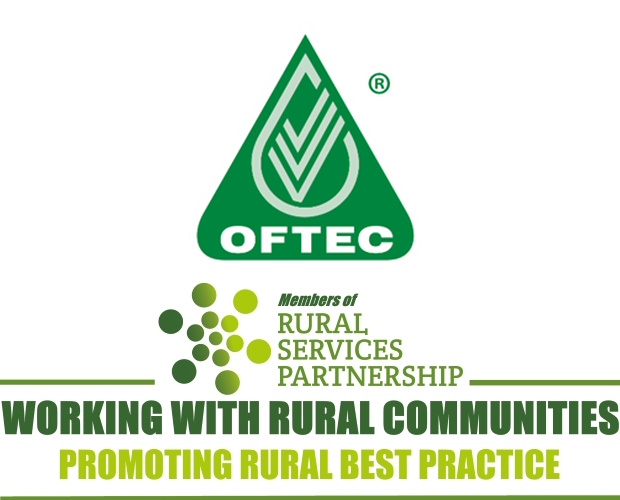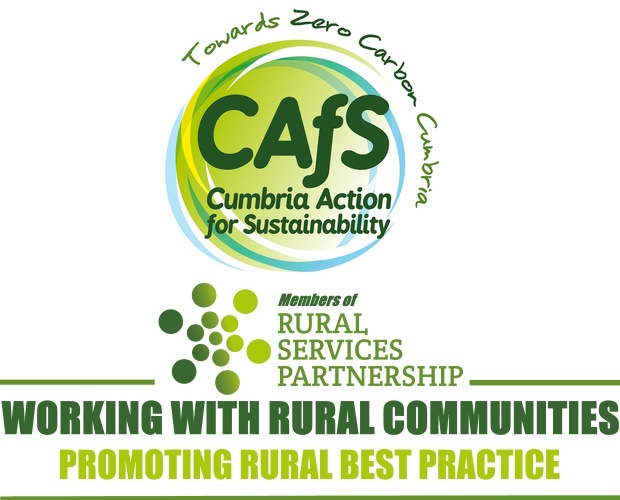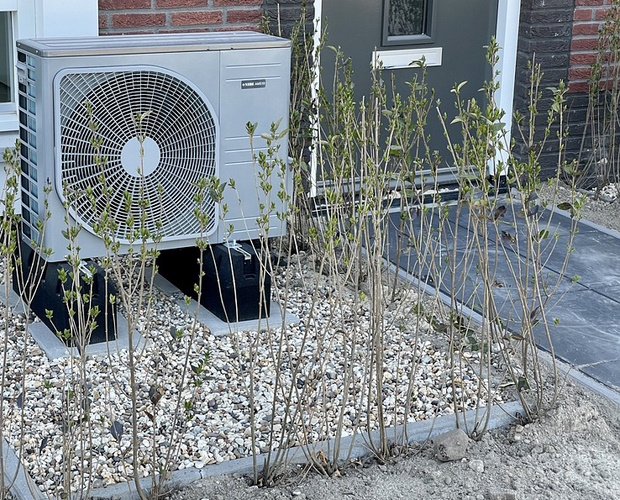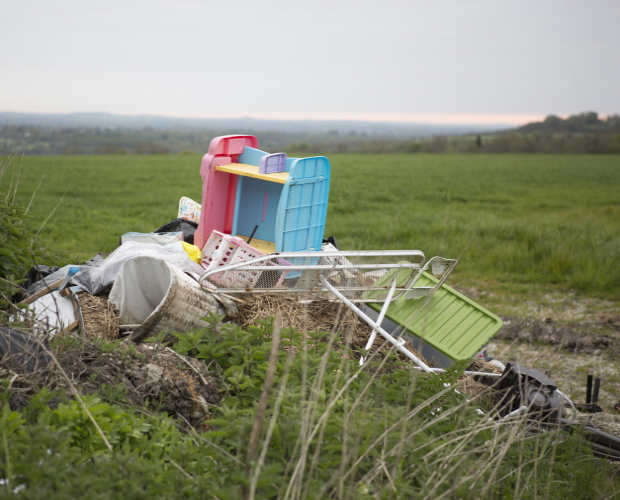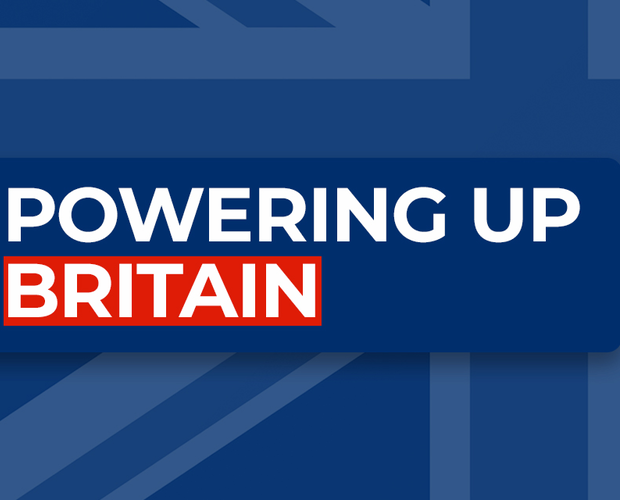T: 01822 851370 E: [email protected]
rural environment
It’s been a rollercoaster few years with unexpected twists and turns, from the pandemic, war in Ukraine to the cost of living crisis. Whilst we might be hoping for a brief respite, there’s another challenge which remains firmly on the...
Cumbria Action for Sustainability (CAfS) is working with partners, The Farmer Network and the Fellfoot Forward Landscape Partnership Scheme (led by the North Pennines AONB), to ensure we have sustainable, long-term solutions that support the farming...
The Telegraph reports households are being blocked from making net zero upgrades to their homes due to lack of electricity supply, the energy watchdog has warned Residents of rural villages have been told by network operators there...
69% of households not connected to the gas grid would be unable to afford an electric heating system, new rural polling has shown 58% of these households also believe Government’s 2026 boiler ban is unfair ...
The Government have announced a new Air Quality Strategy which will provide a framework to support local action to improve air quality They are seeking views on a revised Air Quality Strategy which outlines how councils in England...
The Department for Business, Energy & Industrial Strategy (BEIS) have launched a consultation on community benefits for electricity transmission network infrastructure alongside their plans for Powering Up Britain, which set out how they are taking action to achieve their energy security...
Grants totalling £775,000 will help councils roll out a range of projects to crack down on fly-tipping, Environment Minister Rebecca Pow announced on Saturday 8 April Twenty-one local authorities will benefit from the grants, with schemes such as roadside...
As part of a £1.8 billion package of funding to boost energy efficiency and cut emissions of homes and public buildings across England, the Department for Energy Security and Net Zero has announced that Local Authorities have been awarded a combined £630m through...
On Thursday 30th March the Government launched its plans to ‘scale up affordable, clean, homegrown power and build thriving green industries in Britain.’ The new Department for Energy Security and Net Zero was created in February and the manifesto...
Annual Fuel Poverty Statistics published on 28 Feb 2023 for the year 2022 show that in 2022, households living in rural areas have a higher rate of fuel poverty and a much larger fuel poverty gap Households living in...
NEWSLETTER
Sign up to receive all our latest news and updates.
HOT TOPICS
Amid reduced public spending, fair resource allocation across regions is crucial. Despite a population larger than Greater London, rural areas receive significantly less funding for essential services, even though delivering these services in rural areas is more expensive.
Economic growth is widely acknowledged as essential for national wealth and prosperity and is a priority for political parties. Rural economies, employing millions and home to a higher proportion of small businesses, have potential for growth if barriers are removed.
Rural residents face distinct healthcare challenges, including limited access to transport, longer distances to medical facilities, an aging demographic, housing inadequacies, digital connectivity gaps, and difficulties recruiting health and care workers.
Rural communities are grappling with a severe affordable housing crisis, marked by high house prices, a lack of affordable housing, elevated living costs, and lower incomes, threatening their sustainability and vitality.
Transport is vital for the quality of life and economic health of rural areas, yet it faces challenges such as infrequent public bus services and less Government funding compared to urban regions.
Rural areas, encompassing a substantial portion of England's population and land, play a pivotal role in combating climate change and achieving the net zero target.
In an increasingly digital world, the lack of robust digital infrastructure in rural areas severely limits access to crucial services and stifles economic growth.
A future-focused vision for rural communities involves not just building the right homes in the right places but also ensuring thriving, sustainable communities.
SIGN UP TO OUR NEWSLETTER
Sign up to our newsletter to receive all the latest news and updates.

